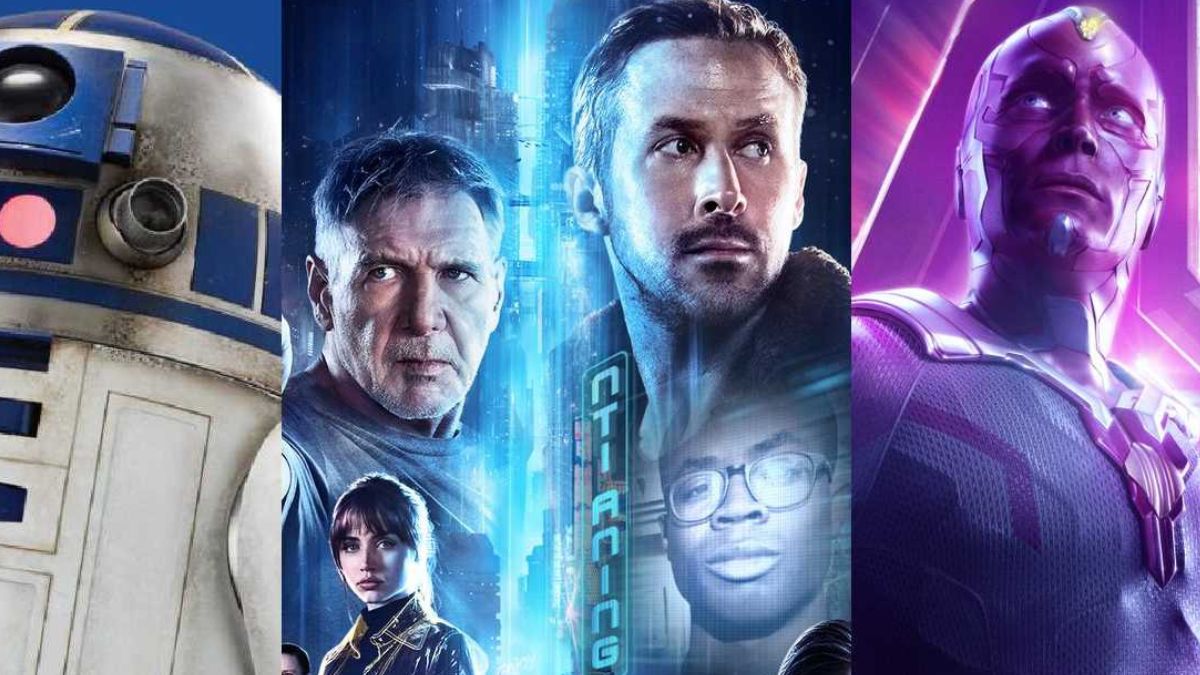Game-Changing Blockchain Fun: Check Out These 5 Crypto-Powered Games!
Games based on cryptocurrencies have emerged as a unique intersection of blockchain technology and gaming, offering players opportunities to earn, trade, and own digital assets within virtual worlds. Here are some notable examples of games that incorporate cryptocurrencies:
1. CryptoKitties – Game-Changing Blockchain Fun
Overview: CryptoKitties is perhaps one of the earliest and most well-known blockchain-based games. It operates on the Ethereum blockchain and allows players to collect, breed, and trade virtual cats. Each CryptoKitty is a unique digital asset represented by an NFT (non-fungible token), which gives it scarcity and value based on its rarity and attributes.
Key Features:
- Breeding: Players can breed their CryptoKitties to create new, unique offspring with inherited traits.
- Marketplace: There is a marketplace where players can buy, sell, or auction their CryptoKitties using Ethereum.
- Ownership: Each CryptoKitty is owned by the player via their Ethereum wallet, ensuring secure ownership and transferability.
2. Decentraland – Game-Changing Blockchain Fun
Overview: Decentraland is a decentralized virtual world built on the Ethereum blockchain, where players can buy, sell, and develop virtual real estate and create interactive experiences. It operates on the concept of LAND (parcels of virtual land) and MANA (Decentraland’s cryptocurrency).
Exploring Tokenization, Blockchain, and Web 3.0 | Maya (mayathevoice.com)
Key Features:
- Virtual Real Estate: Players can purchase parcels of virtual land using MANA and develop them into unique experiences, including games, art galleries, and virtual businesses.
- User-Generated Content: Decentraland is driven by its community, with users creating and monetizing their content and experiences within the virtual world.
- Economy: MANA serves as the primary currency for transactions within Decentraland, facilitating the buying, selling, and trading of virtual assets.
3. Axie Infinity – Game-Changing Blockchain Fun
Overview: Axie Infinity is a blockchain-based game that combines elements of Pokémon-style gameplay with NFTs and cryptocurrencies. Players engage in the collection, breeding, battling, and trading of digital creatures known as Axies. The game operates on the Ethereum blockchain and has gained popularity for its play-to-earn model.
Key Features:
- Axies: Players can acquire Axies, which are NFTs with unique attributes and abilities. These Axies can be bred to create new Axies with a combination of traits.
- Battle System: Axies can participate in battles against other players or NPCs (non-player characters) to earn rewards.
- Economy: The game’s economy revolves around its native cryptocurrency, Smooth Love Potion (SLP), which is earned through gameplay activities and can be traded for other cryptocurrencies.
4. Gods Unchained – Game-Changing Blockchain Fun
Overview: Gods Unchained is a blockchain-based trading card game that operates on the Ethereum blockchain. Players collect and trade digital cards representing mythical creatures and spells, which they use to battle opponents.
Key Features:
- Card Ownership: Each card in Gods Unchained is an NFT, giving players true ownership and the ability to trade them on decentralized marketplaces.
- Gameplay: Players build decks of cards and compete in matches against other players. Winning matches can earn players in-game rewards and prizes.
- Economy: The game features its cryptocurrency, called Gods Token (GODS), which is used for transactions within the game’s ecosystem and can be traded on exchanges.
5. Sorare – Game-Changing Blockchain Fun
Overview: Sorare is a fantasy football game where players collect and manage digital player cards of real-world football (soccer) players. It operates on the Ethereum blockchain and utilizes NFTs to represent player cards.
Key Features:
- Player Cards: Each player card in Sorare is an NFT, providing scarcity and ownership rights to the cardholder.
- Fantasy Football: Players build teams using their digital player cards and compete in global leagues and tournaments.
- Economy: Sorare’s economy revolves around its native cryptocurrency, Ethereum (ETH), which is used for buying, selling, and trading player cards on the marketplace.
Conclusion
These games represent a burgeoning trend where blockchain technology and cryptocurrencies are integrated into gaming ecosystems, offering new forms of ownership, gameplay experiences, and economic opportunities for players. As the technology continues to evolve, we can expect more innovative games that leverage blockchain’s capabilities to create immersive and decentralized gaming experiences.





Hi i think that i saw you visited my web site thus i came to Return the favore I am attempting to find things to improve my web siteI suppose its ok to use some of your ideas